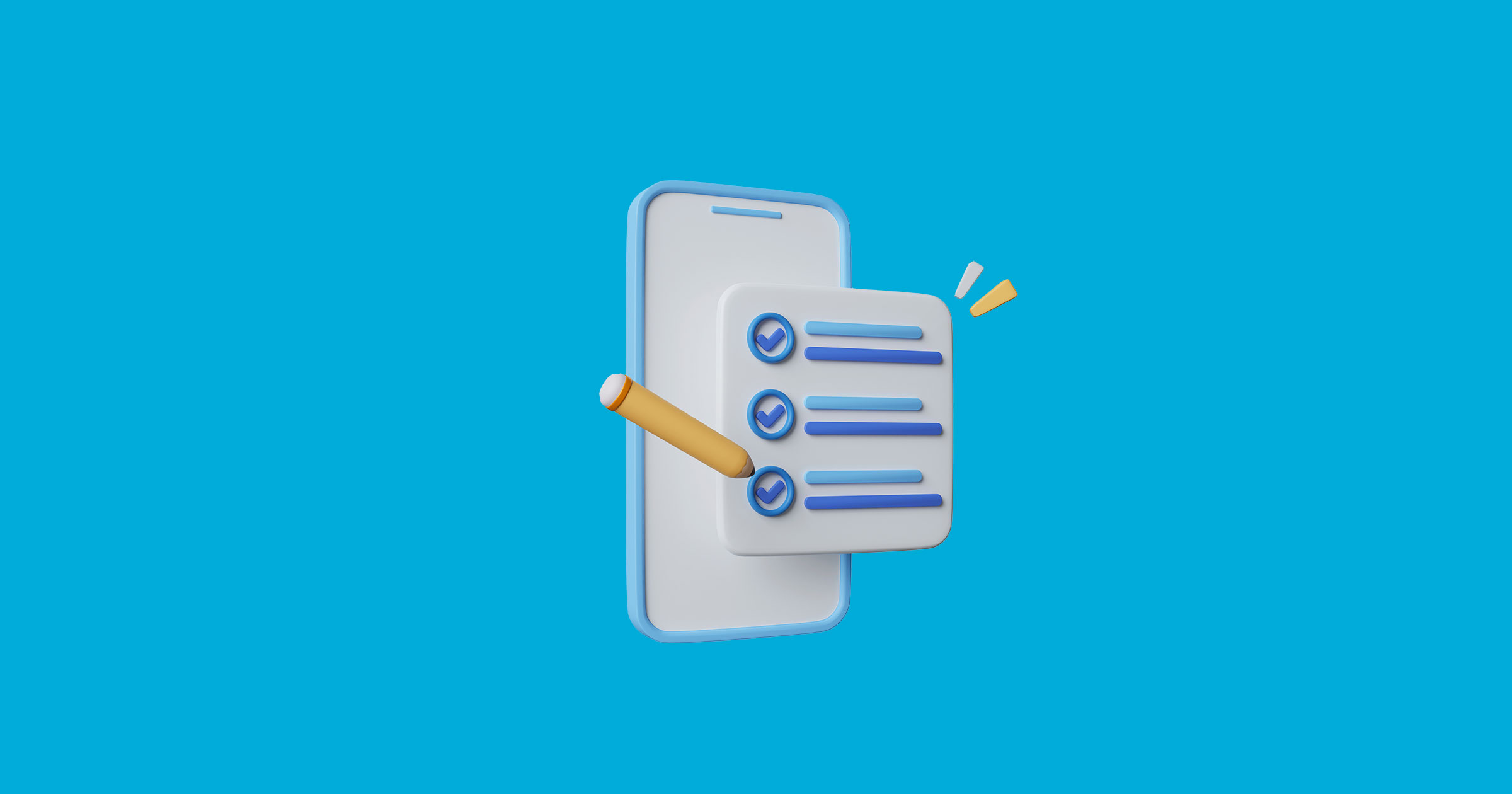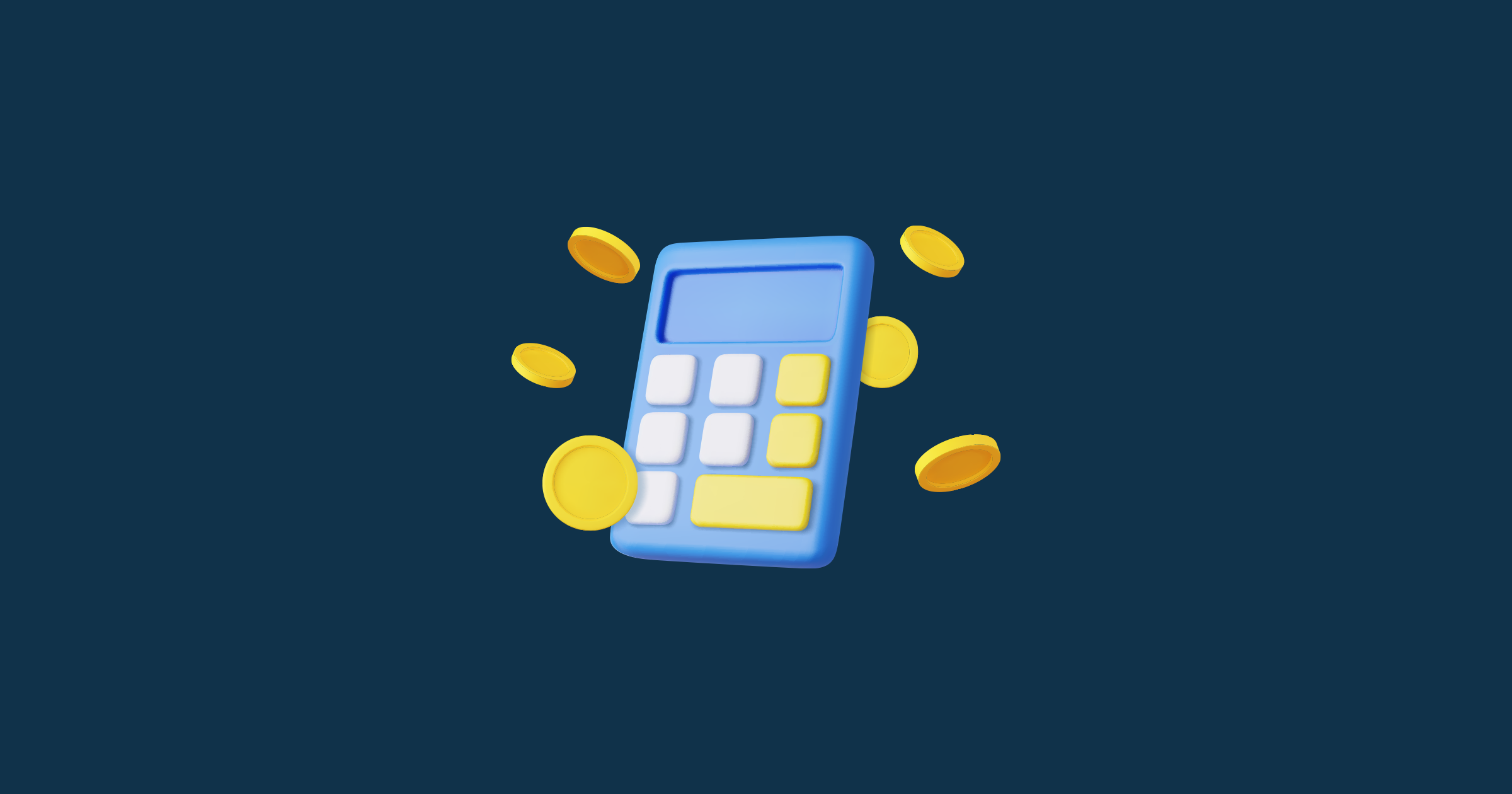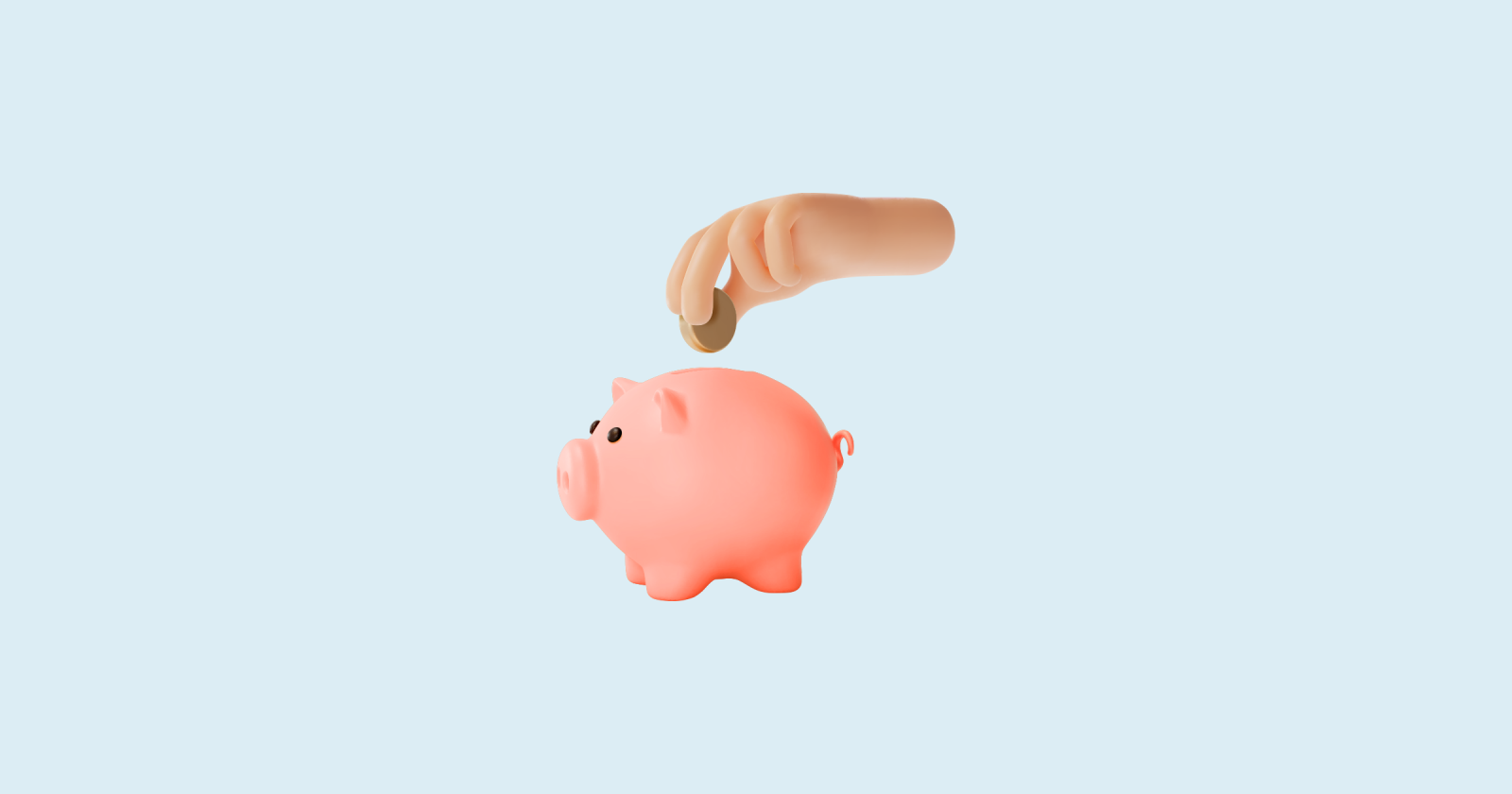Investing can be exciting – and not stressful – when you know what to do and where to start. With the right preparations, you'll be more confident in navigating the path toward growing your money.
So what do you really need to start investing? Here’s a checklist that you can keep handy as you begin.
1. Good financial standing
When you invest, there are no guarantees that things will always go well. It could also take time for your investments to grow.
Before you start, it’s important to be in good financial health so you don’t end up using money meant for daily needs or emergencies. Here are the things to accomplish:
- Clear your debt
It’s ideal to pay off debts before you invest. This prevents high-interest loans from draining the money that you could be growing instead.
You’ll have more disposable income to invest with if you don’t have debt left to pay. This doesn’t include healthy debt or manageable loans meant to increase your net worth over time.
You’re in the clear if you budget properly for good debt and make sure to pay in full and on time.
- Set up an emergency fund
You’ll have higher chances of success when you stay invested for as long as you need to without interruptions. If you’re caught off-guard by an emergency, you might end up selling your investments to cover the costs.
You could lose money and any of its potential to grow if you sell an investment during a downturn or withdraw before it has matured.
To prevent this, experts recommend building an emergency fund worth 3 to 6 months of your living expenses. This will allow you to maintain your investment strategy even when something unexpected happens.
- Allot extra money for investments
Once your loans are paid and you have a healthy emergency fund, you can set aside money for investments. How much money you’ll allocate to investments is up to you and how you do your budget.
Just keep in mind that you’ll have better chances of growing your money when you invest consistently.
2. An understanding of your investor profile and goals
When you start your investing journey, you’ll come across stories of how other investors made their money. You may be tempted to simply follow in their footsteps and put money in the same assets they invested in.
Although it seems easier to copy a successful strategy, there is no guarantee that you will get the same results. This is because your situation and goals are unique.
The investment options that suit you will depend on the type of investor that you are and what you want to achieve.
- Know your risk profile
Take a risk assessment test to find out whether you’re a Conservative, Moderate, or Aggressive investor.
Your risk profile will help you narrow down your investment options based on the amount of risk you’re comfortable taking. You can also turn out to be risk averse, which means you can’t invest since all investments carry some level of risk.
Take note that your risk profile represents your current mindset and what you know about investing so far. It helps to retake the test regularly to see if you’re changing as an investor.
As your risk profile changes, so would your investment options. You may need to adjust your portfolio accordingly.
Learn more about what your risk profile means in this guide.
- Set your investment goals
Think about why you’re investing in the first place. Whether it’s for financial freedom or for a major purchase, it helps to have an amount of money and a timeline in mind.
This money goal and time horizon will guide your strategy. There are different sets of factors and products to consider when you’re investing for short-term vs. long-term goals.
3. Investment options that meet your needs
Put together everything you learned about yourself and your goals. Choose your first investment based on its risk suitability and potential to help you reach your targets.
Consider the following when you’re scouting for your very first investment:
- Where do I start if I want to invest?
Banks, investment companies, and brokers can help you set up the account/s you need to start investing. There are also plenty of online platforms that make it easier than ever to invest in different products.
Before you open an account, make sure that your chosen broker or investment company is legitimate. Check if they’re accredited by the proper regulatory bodies.
These include the Securities and Exchange Commission (SEC), Bangko Sentral ng Pilipinas (BSP), and Philippine Stock Exchange (PSE).
- How do you know where to invest your money?
As a beginner, you’re likely looking for an investment that isn’t too complicated, is cost-friendly, and has the best chances to grow.
To see a product's potential, it helps to track its history, performance over time, and prospects.
With everything in place and the best option in mind, you're ready to start investing. Remember to keep learning as you go and stay consistent in working toward your goals.
What’s next:




